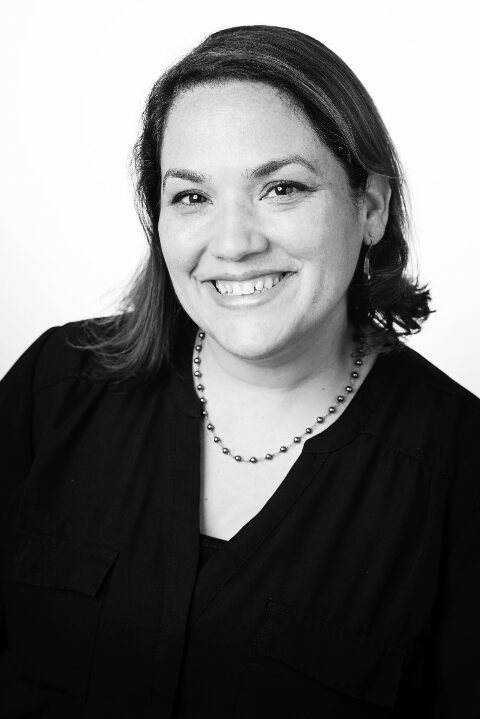

Today we’d like to introduce you to Joann Fleckenstein.
Hi Joann, thanks for sharing your story with us. To start, maybe you can tell our readers some of your backstory.
My story started the way many leap-of-faith stories do: with a quiet nudge that turned into a persistent voice I couldn’t ignore. It wasn’t one big moment or a dramatic turning point, it was a series of experiences that opened doors and lit a fire in me to build something that didn’t yet exist in my world, but desperately needed to.
I wanted to create a space for neurodivergent people of all ages, a place where we didn’t have to explain ourselves or fit into systems that weren’t built for us. A space that was rooted in community where they felt safe and understood.
My own story is part of the reason why this work is so personal to me. I was diagnosed with ADHD as an adult, but I knew something was different from a very young age. I remember being seven and telling my parents that I thought there was something wrong with my brain. At the time, girls who did well in school weren’t typically screened for ADHD, and so I did what many of us do; I worked hard, tried to fit in, and quietly carried the weight of feeling like I was always just a few steps behind in life.
Eventually, I realized that I wasn’t failing. I was just different and that difference wasn’t a flaw. It came with creativity, drive, and a strong sense of purpose. But growing up thinking I wasn’t good enough left its mark. And it shaped how I thought about support, belonging, and what it means to feel truly seen.
When I became a parent, everything shifted again. I found myself navigating the world not only as a neurodivergent adult, but as a mother of a neurodivergent child. I needed people around me who understood, who didn’t question when I said we needed to leave the park now to avoid a meltdown, or who celebrated the small wins right alongside me. These friendships were more than helpful; they were essential.
With this in mind, I created a group for parents of kids who receive therapy. It became a space where we could talk openly about what we were going through, share resources, and feel a little less alone. It was the kind of space I had always needed but never had growing up.
As my children got older, I started noticing how the supports that exist for young kids seemed to quietly disappear as they approached adolescence and adulthood. The reality is, neurodivergent people don’t stop needing support at 18, but many systems act like they do. I realized we couldn’t just wait for those systems to change. We had to build something better ourselves.
That’s when the idea of Across All Ages began to take shape. I wasn’t just looking for an office. I wanted to create a place that felt like a home base, for clients, families, and practitioners alike. A space where people could be themselves, connect with others, and grow in a community that embraced who they are.
Alright, so let’s dig a little deeper into the story – has it been an easy path overall and if not, what were the challenges you’ve had to overcome?
Starting the task of creating a home for our clients and families initially felt like a monumental task. The vision in my mind of what I hoped to create seemed almost like too much to hope for, but here again, the community came through. When I reached out to a commercial real estate agent, I told him, “I want a house for my practice.” To his credit, he didn’t blink. Instead, he introduced me to a small 1928 bungalow in Avondale Estates that felt like the perfect fit from the moment I saw it. It had a front porch with a swing, a backyard with room to play and plant, and just enough space to make something special.
With the support of the owner, Taylor Means of the Globe Arts Center, we transformed that house into what Across All Ages is today: a practice space that feels like a welcoming home. It’s filled with therapy equipment, yes, but also with warmth, comfort, and intention. Parents sometimes sit on the porch together, kids tend to the garden in the back, and no one ever has to pretend to be anything they’re not.
Thanks for sharing that. So, maybe next you can tell us a bit more about your business?
Across All Ages provides occupational therapy and counseling services grounded in the DIRFloortime® Model, supporting neurodivergent individuals across the lifespan. In addition to our in-office services, we offer occupational therapy in charter schools, private schools, and preschools. We also provide coaching and consultation for parents and educators to help support each individual’s unique development.
We love surprises, fun facts and unexpected stories. Is there something you can share that might surprise us?
Most people are surprised to learn that I originally planned to become an opera singer. For much of my life, everyone around me believed performing was my path. But as it turns out, I really didn’t enjoy music school. Taking a year off to regroup ended up being the best decision I could’ve made and it opened the door to a completely different direction.
During that time, I started babysitting an incredible Autistic child named Charlie. To be honest, Charlie didn’t like me much at first. Every time I walked through the door, he’d greet me with a firm “No! No! No!” But one day, something shifted. I arrived, and instead of resisting, Charlie allowed me to share space with him. He still wasn’t totally sold, but he didn’t say no.
In that quiet moment of acceptance, I realized something important: even the hardest day with Charlie felt more meaningful than the best day I’d ever had on stage. That’s when I knew I’d found my purpose and I’ve never looked back.
Contact Info:
- Website: https://www.acrossallagestherapy.com
- Instagram: @acrossallages
- Facebook: https://www.facebook.com/acrossallages
- Other: https://www.icdl.com
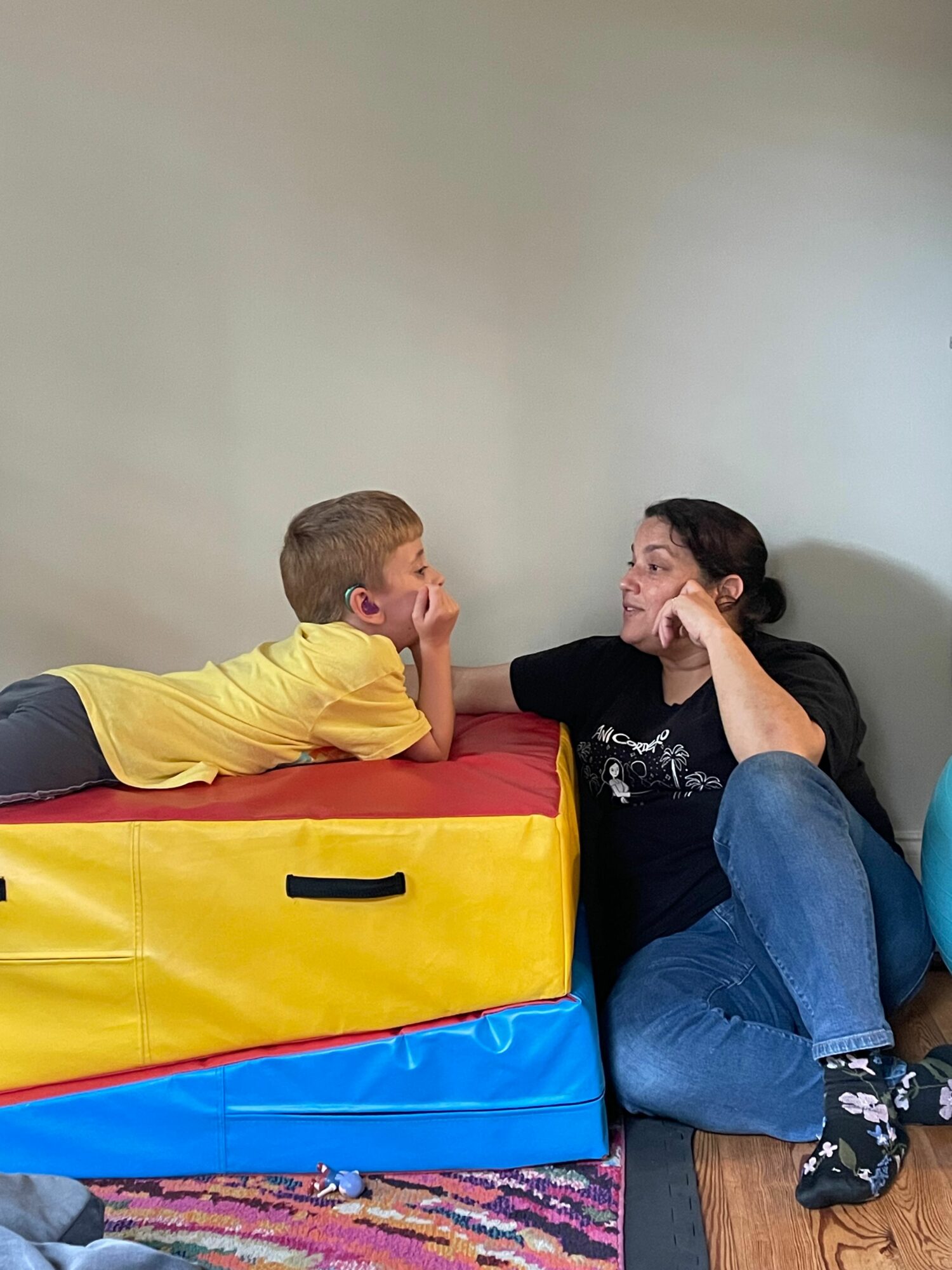
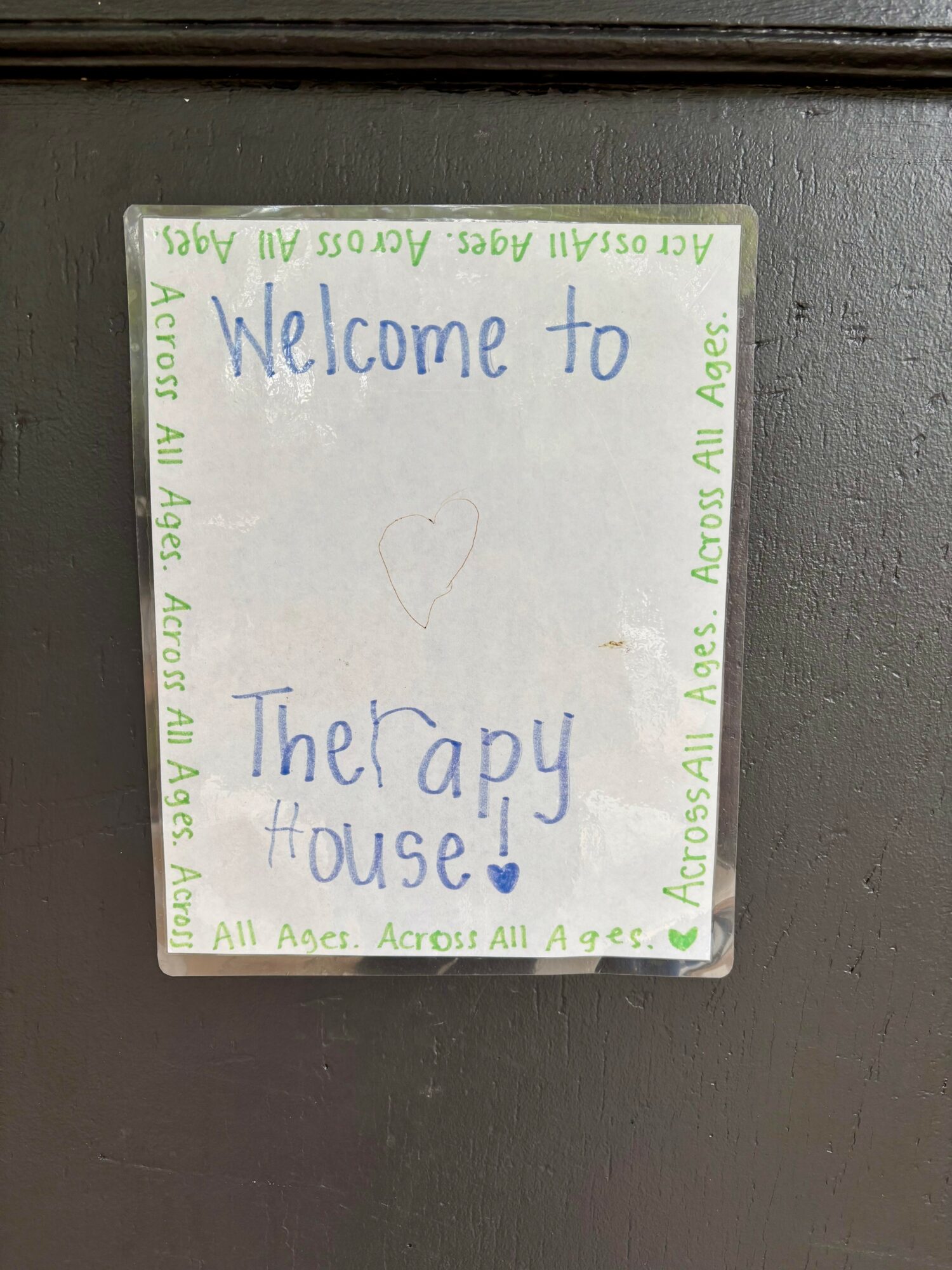
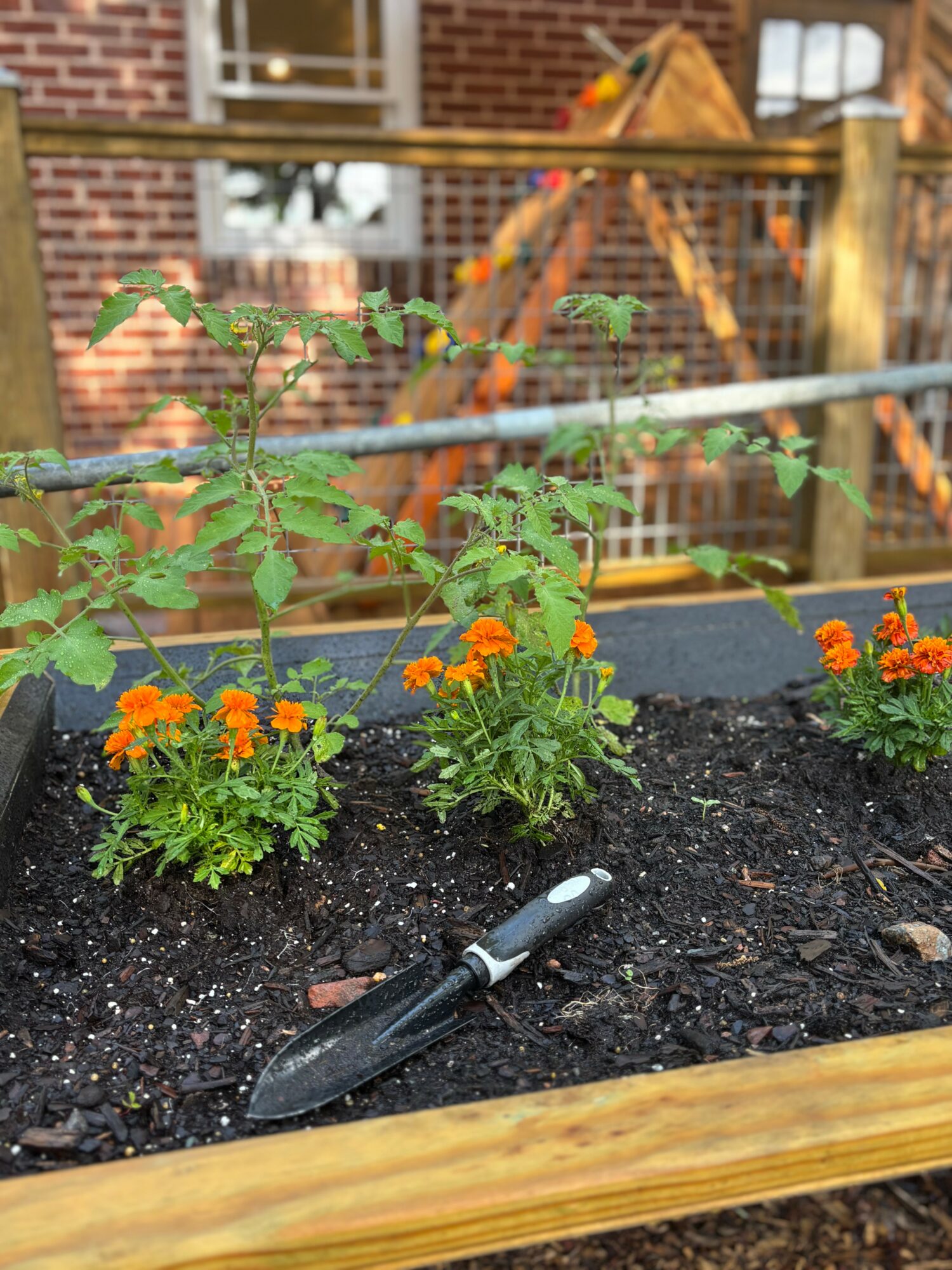
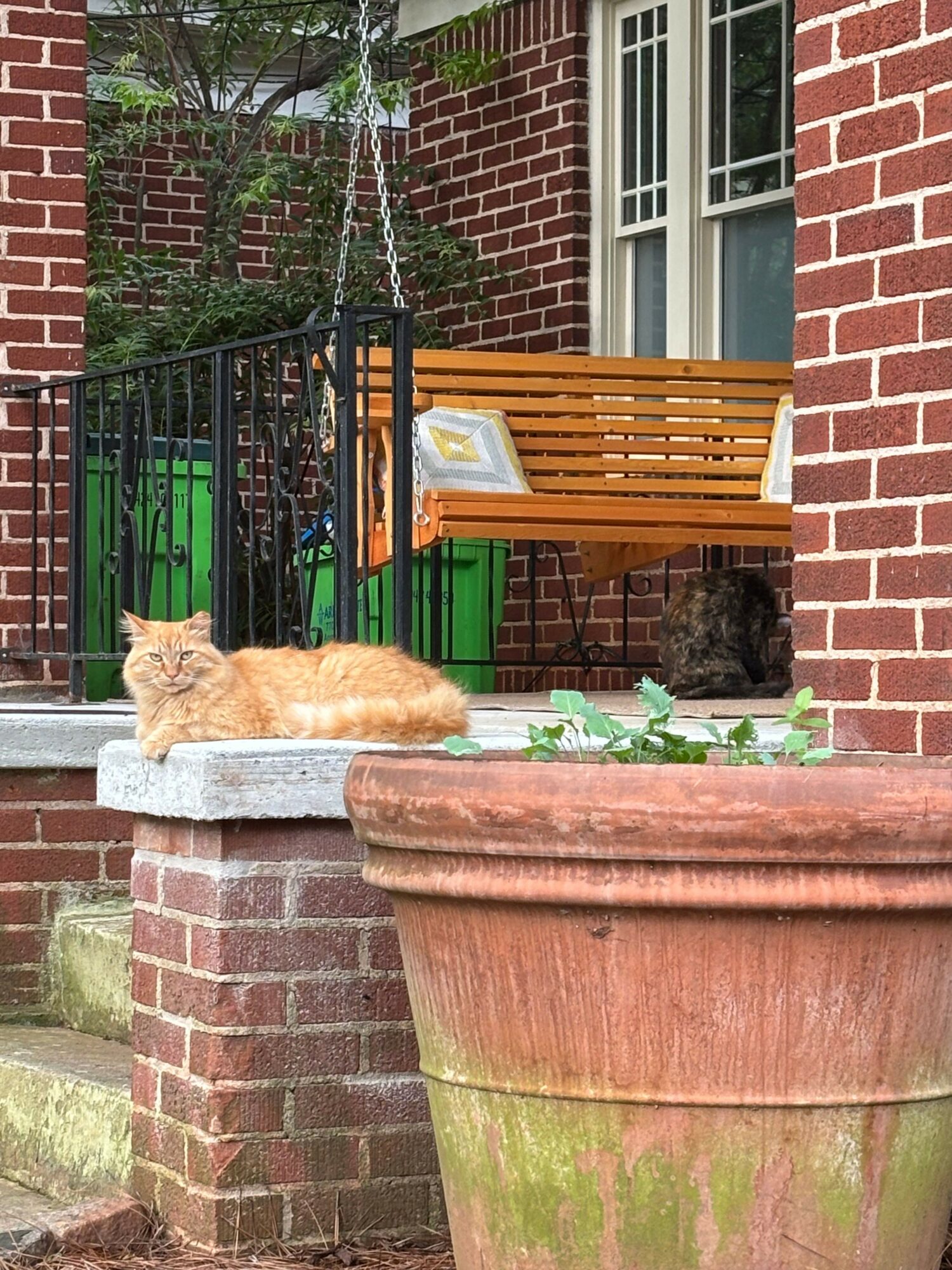
Image Credits
The headshot is by Jamie Reichmann of Reichmann photography.













